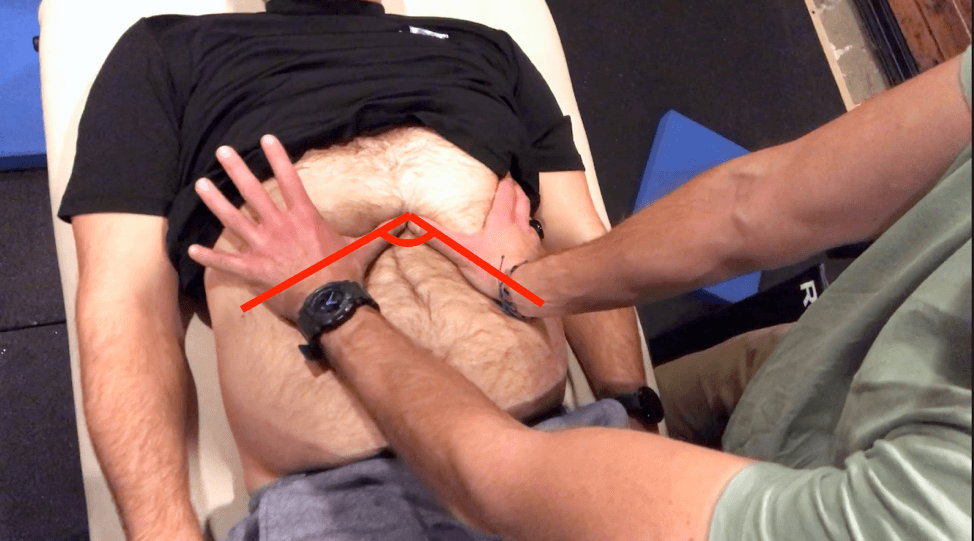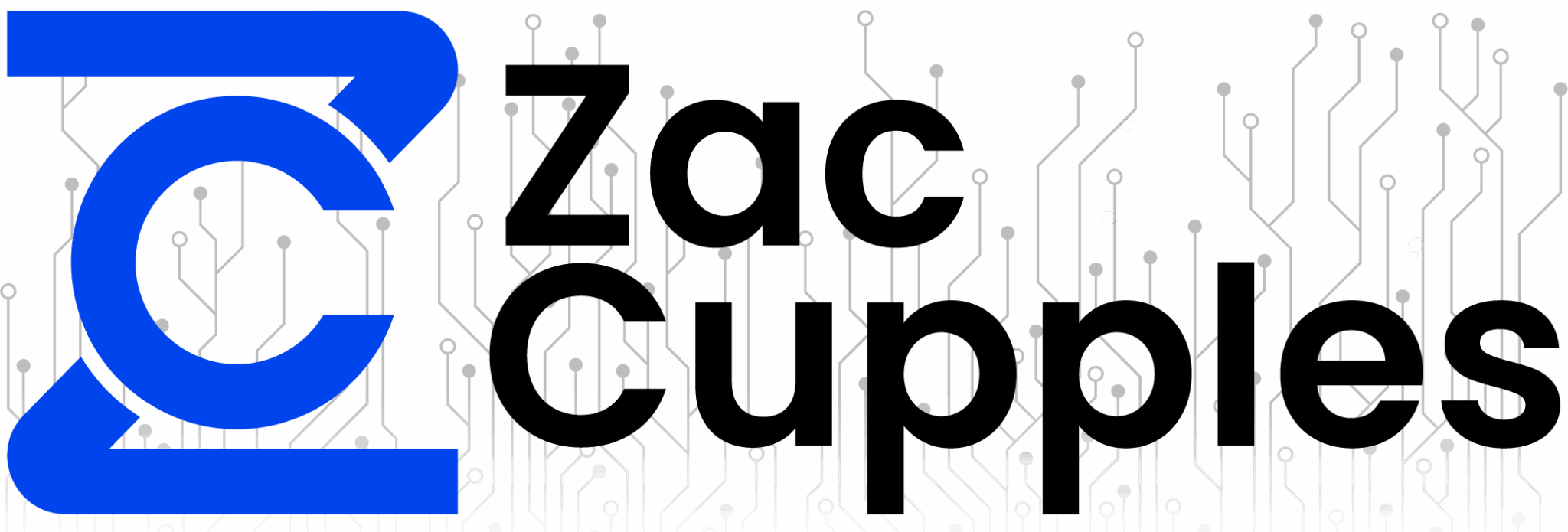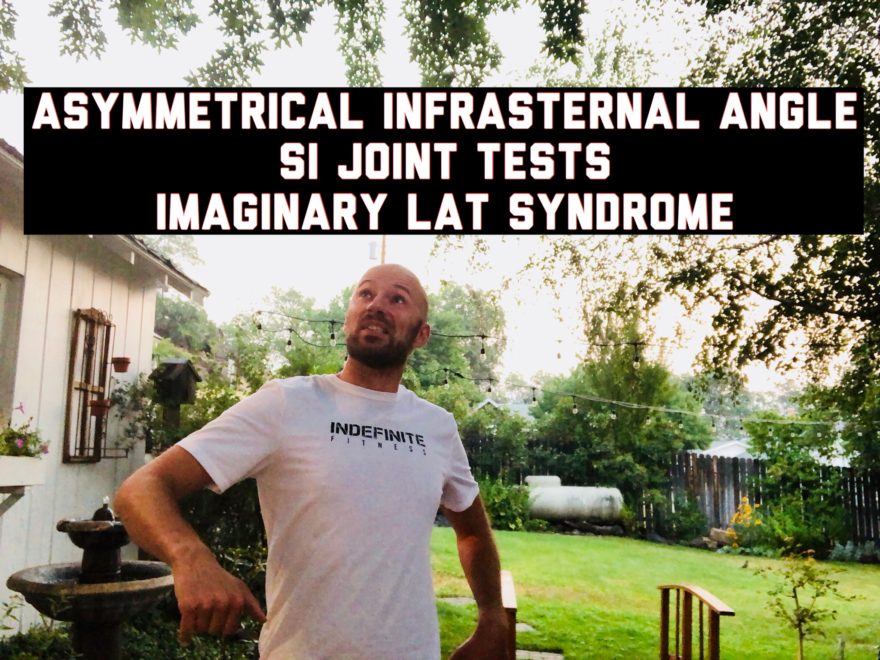Movement Debrief Episode 55 is in the books. Below is a copy of the video for your viewing pleasure, and audio if you can’t stand looking at me.
Here is the set list:
- What is an asymmetrical infrasternal angle?
- What activities would improve an asymmetrical infrasternal angle?
- How do SI joint tests compare to an obers test for SI joint dysfunction or pelvic rotation?
- What is this testing really looking at?
- What is imaginary lat syndrome?
- What is the latissumus dorsi’s role in this syndrome?
- What can be done to impact imaginary lat syndrome?
- Are they any particular areas to consider cupping for a common movement pattern?
If you want to watch these live, add me on Facebook or Instagram.They air every Wednesday at 7pm CST.
Enjoy!
and the audio version…
Here were the links I mentioned:
Sign-up for the Human Matrix in Seattle, WA on September 15-16th here
Sign up for the Human Matrix in Kansas City, KS on October 27-28th here
Sign-up for the Human Matrix in Portland, OR on November 10-11 here
Here is a picture of an asymmetrical infrasternal angle

Below is one of my go-to moves for an asymmetrical infrasternal angle
Below is the Gillet Test (Courtesy of Physiotutors)
Intraexaminer and interexaminer reliability of the Gillet test.
Palpation of the sacroiliac joint: An anatomical and sensory challenge
An Anatomic Investigation of the Obers Test
Here, here, and here are some stuff on wide infrasternal angles
Below is my go-to move for imaginary lat syndrome
Here’s a signup for my newsletter to get nearly 3 hours and 50 pages of content, a free acute:chronic workload calculator, basketball conditioning program, podcasts, and weekend learning goodies:
[yikes-mailchimp form=”1″ submit=”Get learning goodies and more”]
Table of Contents







